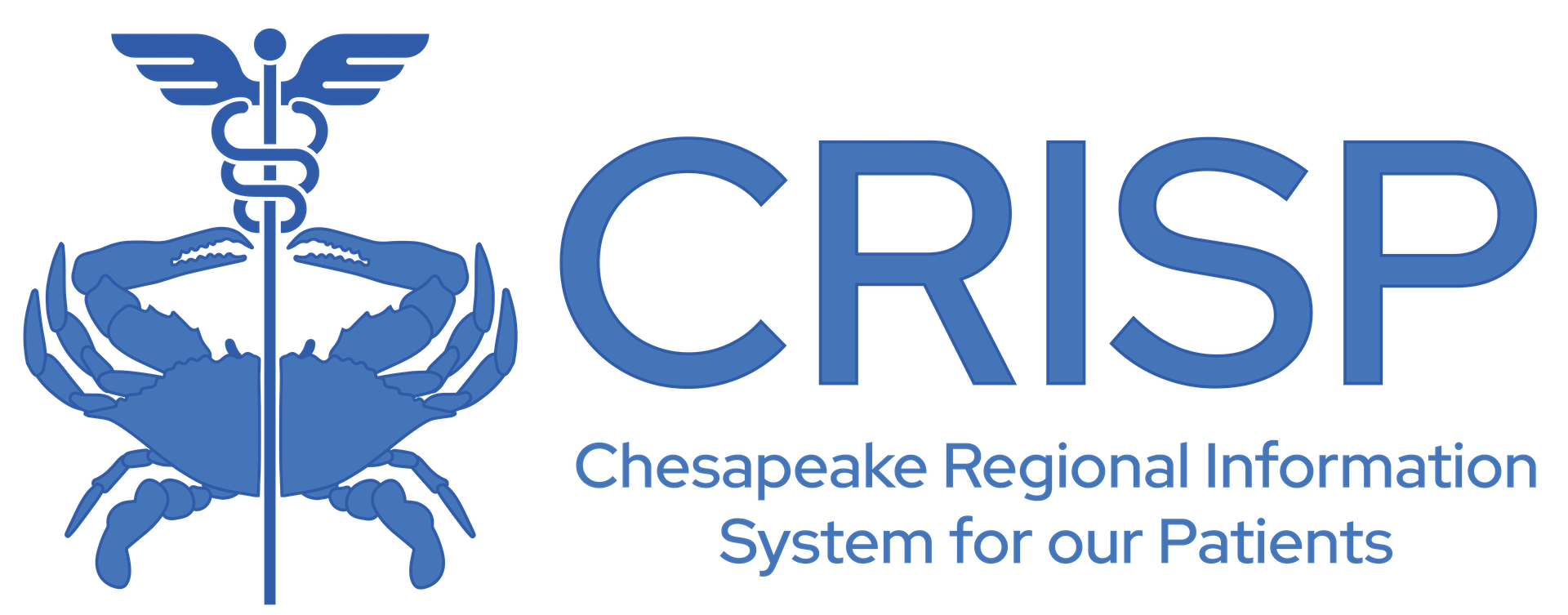Check a new article on Value Based Care by our CRISP Leadership here.

Search Blog

The Maryland Model Analytics project set out to evaluate specific aspects of the Maryland Total Cost of Care (TCOC) model and care transformation efforts. CRISP contracted with multiple vendors and stakeholders to address those investigative analysis questions regarding aspects of care redesign, potential best practices, and areas of improvement for future consideration.
CRISP will host four webinars to allow these vendors to present their findings to users, participants, and Maryland Health Care community members. Please review the description below and click on the dates below to register for your chosen sessions.
- Session 1 – Friday March 3rd -12 to 1pm – Outcomes and Costs Associated with Evidence-based Treatment of First Episode Psychosis
- Session 2 – Friday March 10th – 12 to 1 pm – Evaluation of Maryland Medicare Spending on Inpatient Care
- Session 3 – Thursday March 16th – 1 to 2 pm – Evaluation of Maryland Medicare Spending on Chronic Conditions
- Session 4 – Friday March 24 – 10 to 11 am – Health Care Costs in Baltimore Relative to Other Urban Areas in Maryland
- Session 5 – Thursday March 30 2:00 – 3 pm – AIR (Vendor) Evaluation of the CTI Program: Year 1 Review
Below you will find the description of the first presentation and a link to our website to view the all the session descriptions. Our team will record and host these recordings on our website for future reference.
Session 1 – Friday March 3rd -12 to 1pm – Outcomes and Costs Associated with Evidence-based Treatment of First Episode Psychosis
- Research shows that expeditious and comprehensive treatment of first episode psychosis (FEP) positively impacts a range of clinical and social outcomes. This webinar will showcase the estimated the prevalence of psychosis among Maryland commercial insurance enrollees ages 15 to 30, examine patterns of behavioral health treatment following a diagnosis of FEP, and explore how demographic characteristics and treatment patterns following an FEP diagnosis relate to clinical outcomes in the year following diagnosis (excluding the initial 30-days following the diagnosis).
Session 2 – Friday March 10th – 12 to 1 pm – Evaluation of Maryland Medicare Spending on Inpatient Care
- Maryland has an arrangement with the Centers for Medicare & Medicaid Services (CMS) regarding hospital reimbursement based on a fixed global budget to avoid unnecessary inpatient utilization. This webinar summarizes the results of the investigation that analyzed Maryland hospitals’ performance across different types of inpatient stays and compared that performance to hospitals’ performance in other states, where this arrangement is not implemented.
Session 3 – Thursday March 16th – 1 to 2 pm – Evaluation of Maryland Medicare Spending on Chronic Conditions
- The Maryland Total Cost of Care (TCOC) Model builds on earlier models that achieved cost savings by focusing on reducing inpatient costs. This webinar summarizes the total costs of care for Medicare Fee-for-Service (FFS) beneficiaries with 25 chronic conditions, comparing the costs between Maryland and other states. There are two main sets of analyses, first looking at high-level trends across conditions, such as the mean annual cost per beneficiary and the prevalence of conditions. The second set of analyses looks in detail at the costs per setting by beneficiary, focusing on conditions, including those where there are the largest overall differences in mean annual allowed amount between Maryland and other states.
Session 4 – Friday March 24 – 10 – 11 am – Health Care Costs in Baltimore Relative to Other Urban Areas in Maryland
- This webinar explores differences in 2019 per-capita costs of care between counties in the Baltimore area and other urban counties in Maryland, before and after risk adjustment for patient complexity. Analyses incorporated data from multiple sources compiled for the purposes of comparing Maryland communities with similar benchmark communities across the United States to monitor health care costs and utilization for individuals covered by employer-sponsored health insurance in Maryland, also assessing drivers of differences in per-capita costs, including whether differences were driven by unit cost, versus utilization, and differences in the mix of services provided.
Session 5 – Thursday March 30 2:00 – 3 pm – AIR (Vendor) Evaluation of the CTI Program: Year 1 Review
- AIR conducted a two-part evaluation of the CTI program. The first part was a pre-implementation report from 2021, summarizing the design and target areas of the proposed CTIs. This is the second part of their evaluation and will review findings from the first complete year of the CTI program (2021-2022).

